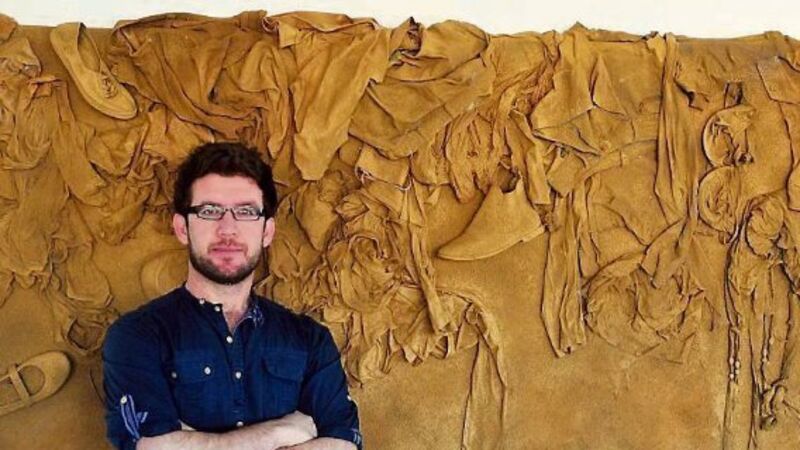Cork-based artist is turning memories of massacres into art

IN THE middle of the floor in the gallery hosting this year’s Crawford MA Art and Process exhibition in Cork lies a strange heap; a jumble-sale mish-mash of personal effects. Clothes, underwear and shoes are mounded a metre high. They are a uniform ochre colour and have a sandy texture.
To those who don’t know what they represent, this piece and the other two mixed media sculptures exhibited here by Ali Raza, must certainly be unsettling, but to those who are aware of the artist’s background, this mound assumes nightmarish dimensions. An Iraqi Kurd, Raza’s latest collection explores the concept of genocide, a theme he has far too close a personal experience of.











